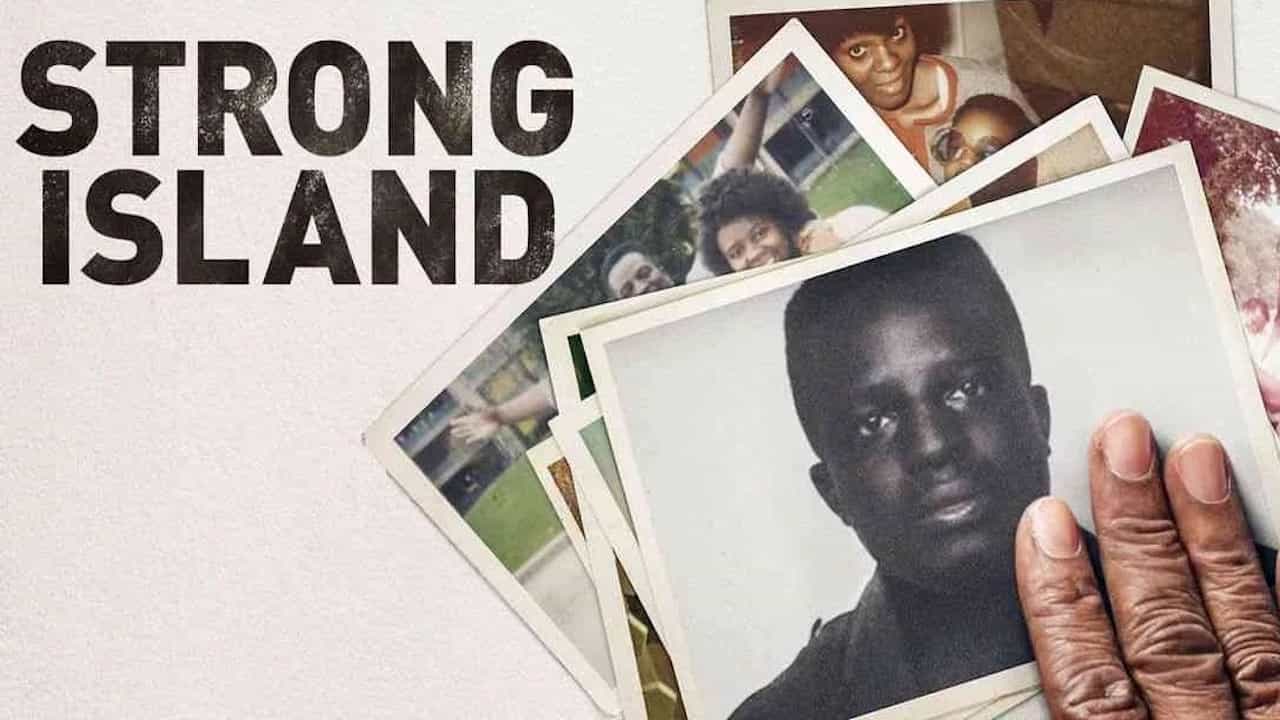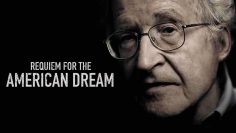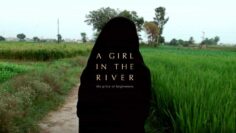Strong Island
Strong Island examines the tragic death of William Ford Jr., a young Black man killed in 1992 on Long Island, New York. The film is directed by Yance Ford, William’s younger brother, who uses intimate family interviews, archival footage, and poignant narration to piece together the events surrounding his brother’s death and its devastating aftermath.
The documentary begins by introducing the Ford family, who moved from Charleston, South Carolina to Long Island in search of a better life. Through family photographs and home videos, we see William as a bright, ambitious young man with a promising future. However, his life is cut short when he is shot and killed by a white mechanic during a dispute at an auto repair shop.
As the story unfolds, it becomes clear that the justice system failed the Ford family. Despite evidence suggesting that William was unarmed and posed no threat, the all-white grand jury declined to indict his killer. The film paints a stark picture of racial bias in the criminal justice system, highlighting how the investigation seemed more focused on scrutinizing William’s character than on seeking justice for his death.
Yance Ford’s narration provides a raw and honest perspective on the impact of William’s death on his family. The filmmaker grapples with his own guilt and regret, adding another layer of complexity to the already emotionally charged narrative.
The documentary also sheds light on the broader context of racial tensions and segregation on Long Island in the 1990s. Through interviews with family members and friends, we learn about the challenges faced by Black families who moved to predominantly white suburbs in search of safety and opportunity, only to find themselves still confronted by systemic racism and discrimination.
Strong Island is not just a retelling of a tragic event, but also a meditation on grief, memory, and the long-lasting impact of racial injustice. The film raises important questions about how race influences the perception of victims and perpetrators in the criminal justice system, and how these biases can lead to devastating consequences for families and communities.










